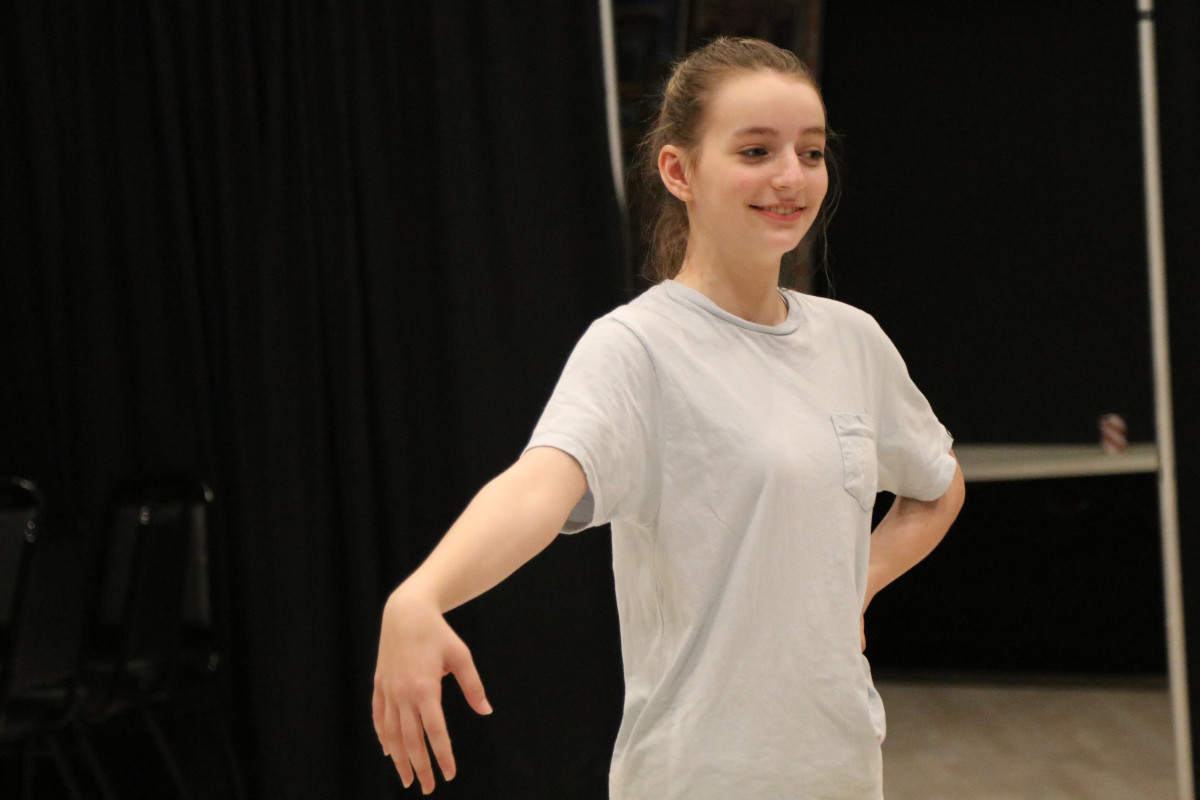By Bethany Bourland
Actors usually love performing scenes with other people. When it comes to performing monologues for auditions, though, we usually feel like this:
But here is the deal: as an actor, you must master the audition, because it is part of the game! So here are some tips for selecting your monologue:
- DO Pick a Play! Directors prefer to hear a monologue from a play or musical. A lot of “kid monologues” can be found by searching online, but they are usually overdone and poorly written. Do yourself a favor and look through some plays at the library to see what you can find! An alternative method is googling the names of characters from plays that you know, followed by “monologue”. If you are struggling to find a monologue from a play or musical, choose one from a movie, TV show, or book.
- DON’T Settle! Students come into auditions all the time with monologues that they don’t actually like. Guess what? We can tell! If you take the time to find a monologue you really enjoy doing, your audition will go so much better because you like performing it!
- DON’T Give Us A Narrative! There are tons of “Narrative Monologues” out there, but they do not showcase acting abilities very well. In Narrative Monologues, the character is telling a story. They often start with something like “Let me tell you about the day I….” or “My brother did…” Instead, I recommend “Active Monologues.” Look for something where the action is going on right now, right here, and where the character has something at stake. Active monologues are usually directed toward a specific person, and the character wants an outcome from the monologue.
- DO Tailor Your Monologue! Auditioning for Mary Poppins? Great! Do a monologue with a British accent. Auditioning for Oklahoma? Skip that British accent monologue and bring in something that goes with that musical. Many students do the same monologue for every audition, and it doesn’t work for every show. PLUS when you audition for a director for the second or third time, they do not want to see a monologue that you’ve done for them before. Choose a monologue that matches the genre, tone, or time period of the piece you are auditioning for. This will allow the director to picture you in the show and know where best to put you in the cast! This will also demonstrate that you did your homework and you are committed to the musical or play!
Hopefully, these tips will make you confident in your monologue choices so you can leave your audition feeling confident and ready for callbacks!!



